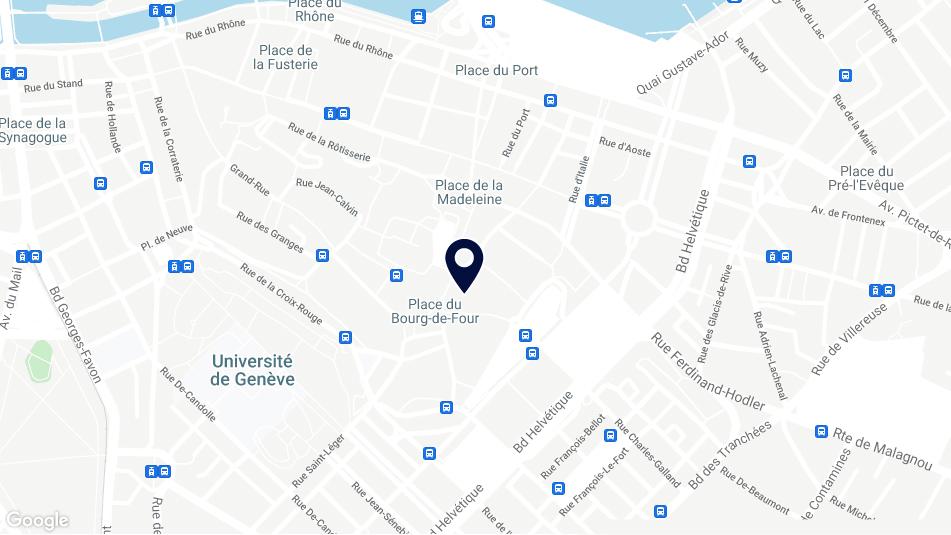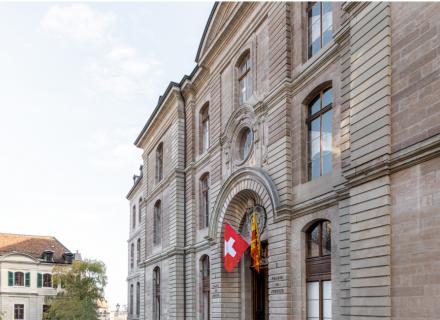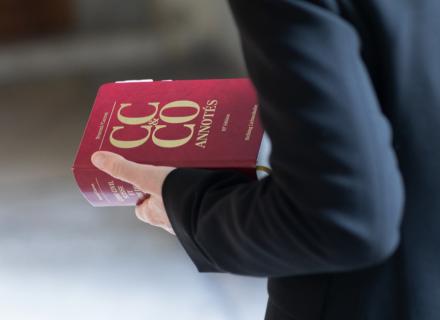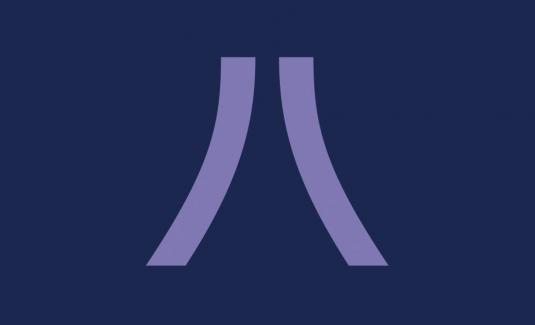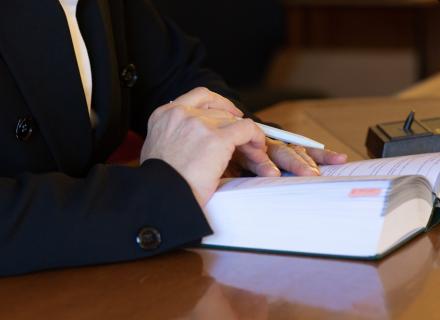Legal aid is a financial assistance that may be granted to you if your resources are insufficient to defend your interests in court in the course of civil or administrative proceedings, provided that your case is considered likely to succeed and the assistance of a lawyer is deemed necessary.
This help is not free of charge. It is an advance payment. If you receive it, you will have to repay the amount of the benefits received as soon as you can do so.
It consists mainly in paying the following:
- Lawyer's fees (tariff provided for by the RAJ), and/or
- Legal costs, in particular advance payment of costs

